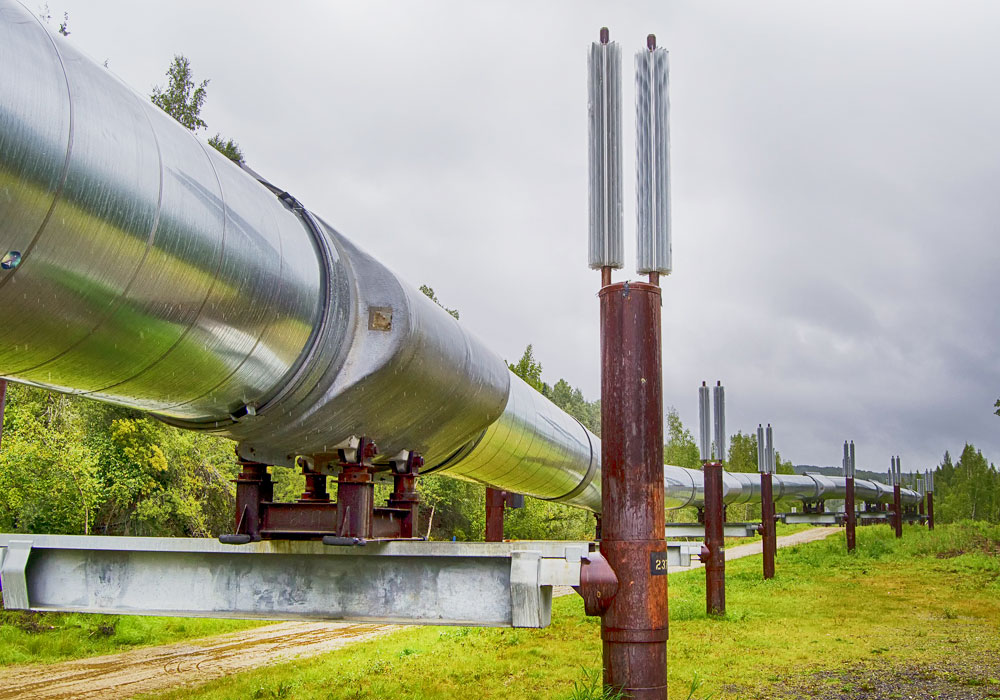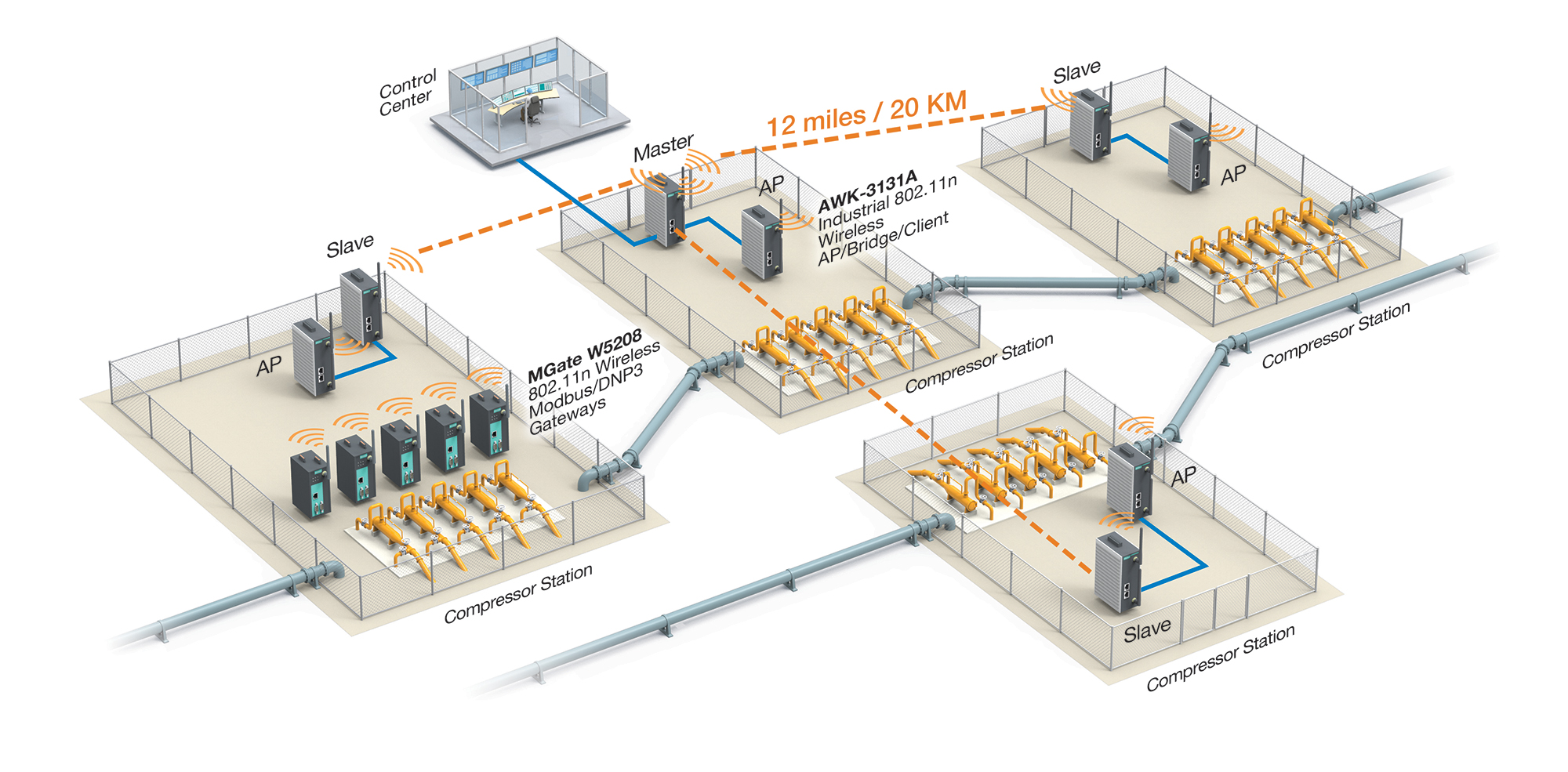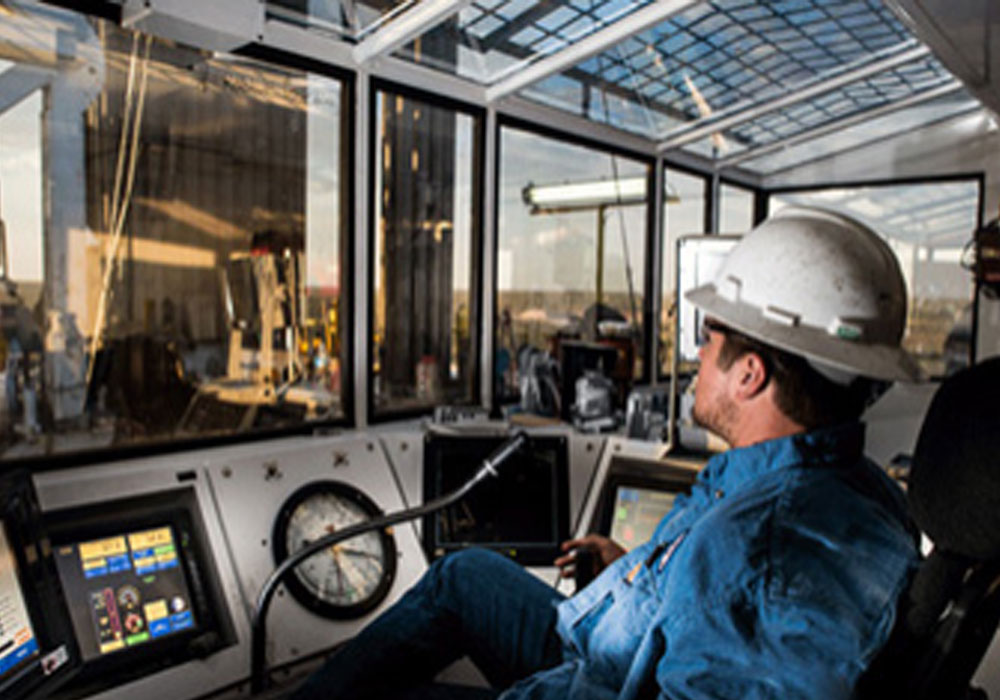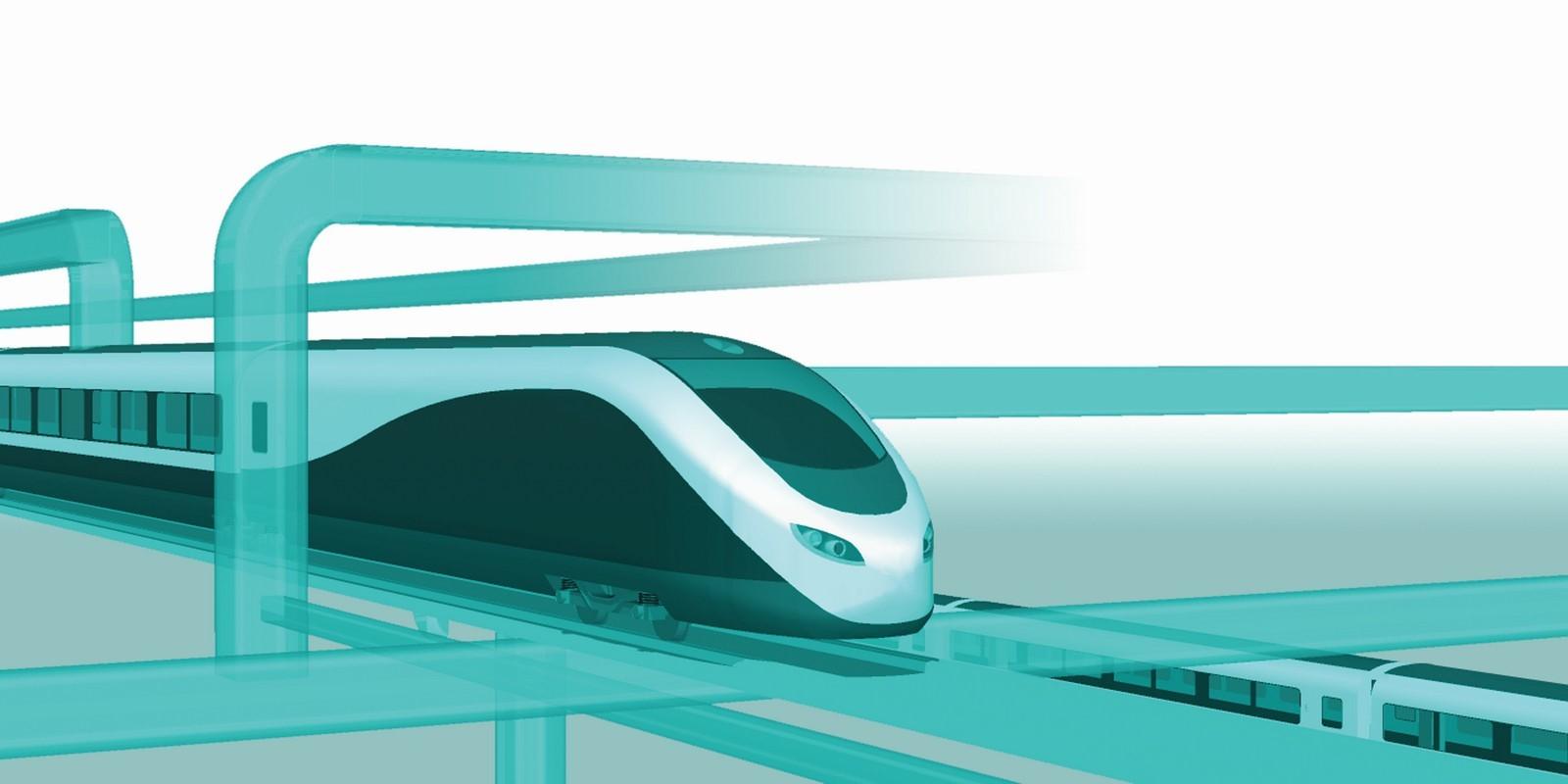กลับหน้าน้ำมันและก๊าซธรรมชาติ 02 มีนาคม 2563 |
 A company retrofitted backhaul portion of its network for pipeline monitoring in order to migrate towards a complete digital oilfield
A company retrofitted backhaul portion of its network for pipeline monitoring in order to migrate towards a complete digital oilfield 
Along the pipeline, there are several compressor stations, which are located 12 miles (19.3 km) apart from each other. Each compressor station serves as an aggregation point of the field site, collecting information such as pressure and gas levels from the RTU devices and sensors. To manage the assets from a central location, the company used to deploy a 900 MHz serial radio for its long-distance communications system. However, the radio no longer functions as expected, making managing communications from a central location difficult. As the pipeline extends many kilometers away from the control center, the company is looking for a cost-effective wireless solution that can help build a communications backhaul for the compressor stations and network operation center as well as a solution that can help aggregate the data from the field sites.
To build a wireless network backhaul, the company deploys Moxa’s AWK-3131A 802.11n AP/bridge/client, which supports Master/Slave mode for wireless bridge connections. One of the challenges when building a wireless backhaul is to avoid interference and ensure reliable communications. The energy company chose to deploy Moxa’s AWK-3131A with a 5 GHz band to reduce interference, compared with using the traditional 2.4 GHz band. In general, it’s very difficult to achieve smooth transmissions up to 20 km under the 5 GHz band. However, the AWK-3131A series uses Moxa’s proprietary mechanism to successfully build the wireless backhaul for the compressor stations and the network operation center.

For field site aggregation, the company deployed Moxa’s MGate W5208 wireless protocol gateways to retrieve Modbus data from the field sites and send it to the compressor stations over a wireless connection. As the company previously used wireless communications for data aggregation, deploying the MGate W5208 wireless protocol gateways avoids the cost of building a wired communications network. The data aggregated can be seamlessly transmitted via a wireless connection to the backhaul part of the network. By utilizing Moxa’s wireless protocol gateways the company is able to implement a more cost-effective solution for data acquisition.

Smart Data Acquisition for Natural Gas Wellhead Monitoring

Building a Modern Drilling Chair to Help Lower the TCO

น้ำมันและก๊าซธรรมชาติ
Oil & Gas

โรงงานอุตสาหกรรม
Manufacturing

พลังงานและสาธารณูปโภค
Power & Public utility

งานขนส่งอัจฉริยะ
Intelligent Transportation

งานขนส่งระบบราง
Rail

งานขนส่งทางทะเล
Marine

KVM Extenders
KVM Extenders

COLD CHAIN MONITORING
COLD CHAIN MONITORING

เมืองอัจฉริยะ
Smart City

แพลตฟอร์มคอมพิวเตอร์ เอไอ
AI Computing Platform